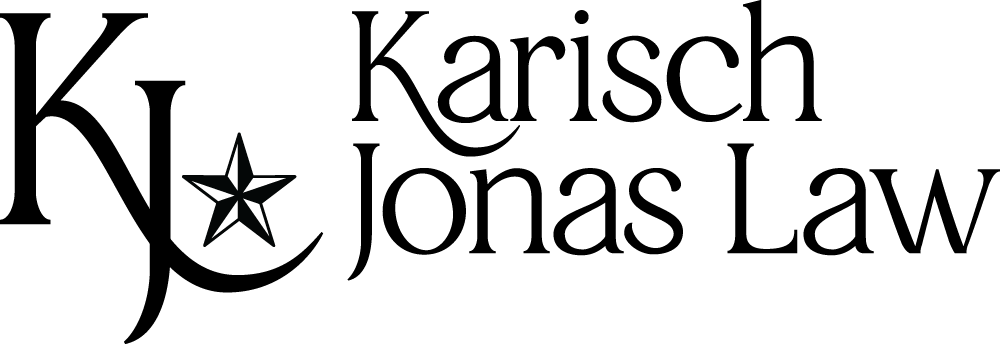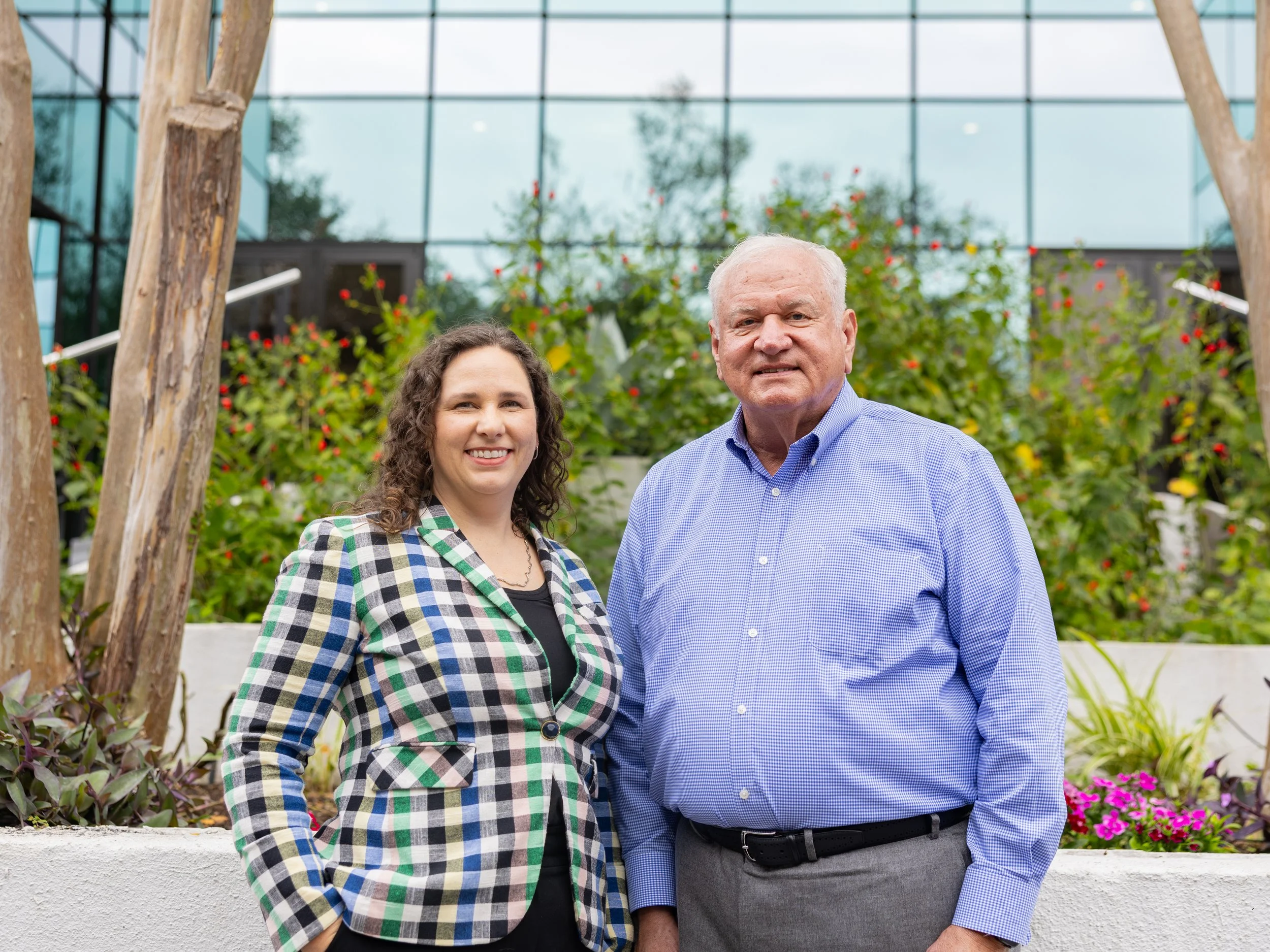Glenn Karisch’s Texas Probate Resources
Welcome to the Texas Probate Resources website, your source for information on estate planning, probate, and trust law in Texas. This site is owned and maintained by Glenn Karisch of Karisch Jonas Law, PLLC, in Austin, Texas. For information dating from before February 1, 2011, visit the legacy site at texasprobate.net.
Texas Probate
Bill may codify "fraud on the community," at least in divorces
Senfronia Thompson, Author of HB 908
Rep. Senfronia Thompson (D-Houston) filed HB 908, which would add Section 7.009 to the Texas Family Code to define "fraud on the community" and require courts hearing suits for dissolution of a marriage to factor it into property divisions. Even though it appears to apply only to suits for dissolution of a marriage, the bill interests probate lawyers because the concepts may bleed over into decedents' estates.
Currently "fraud on the community" is an equitable concept developed in case law. HB 908 defines fraud on the community to mean "improper conduct by a spouse to the detriment of the community estate." It specifically includes a spouse "wrongfully conveying property out of the community estate," "wasting community funds or property" and "failing to provide an accounting of money transferred from the community estate."
This would broadly define the concept, at least as it applies in divorce cases. The bill provides that, before dividing the community estate in a divorce, the trier of fact must determine whether a spouse has committed fraud on the community. It would appear to require this determination even if no one alleges fraud on the community.
Chris Harris, Author of SB 817
If the trier of fact determines that a spouse has committed fraud on the community, the court is required to calculate the value by which the community estate was depleted as a result of the fraud on the community, determine the amount of the "reconstituted estate" (defined to mean the total amount of money that would have been in the community estate if the fraud on the community had not occurred), divide the value of the reconstituted estate between the parties, and award to the spouse that committed fraud on the community that portion of the estate that the spouse depleted.
The bill says it applies to pending and future divorce cases. However, the existence of the statute -- particularly the definition -- might influence fraud on the community claims in probate estates.
The bill has not yet been referred to committee.
Update: Sen. Chris Harris (R-Arlington) has filed SB 817, which is the companion bill to HB 908.



